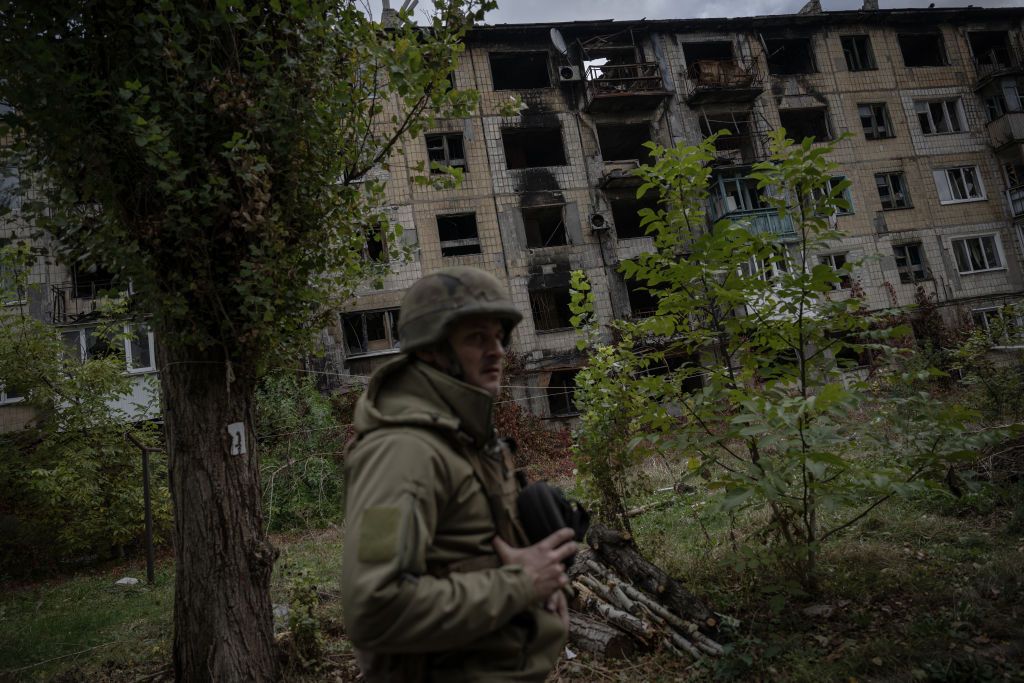Military: Russia loses almost 7,000 soldiers killed or wounded near Avdiivka.
Russian losses near Avdiivka in Donetsk Oblast have included almost 7,000 soldiers killed or wounded, 100 tanks, and 250 other armored vehicles in the past three weeks, the 47th Mechanized Brigade said on Nov.
6. The unit published a video on its social media showing the destruction of Russian armor in the sector by forces of the 47th Mechanized Brigade, the 110th Mechanized Brigade, and the Presidential Brigade "Hetman Bohdan Khmelnytskyi." Russian forces intensified ground attacks against Avdiivka and surrounding settlements in early October in an effort to encircle the town.
The campaign has been supported by heavy shelling and air strikes.
Drone footage reportedly capturing the destruction of Russian armor near Avdiivka, Donetsk Oblast. Published on Nov.6, 2023. (47th Mechanized Brigade/Telegram)
"Russian occupiers are unable to surround Avdiivka thanks to the actions of our defenders," the 47th Mechanized Brigade said. The U.S.-based think tank Institute for the Study of War said that according to geolocated footage published on Nov.
3, Russia advanced southwest of Krasnohorivka, some four kilometers north of Avdiivka towards the railway line north of the city. The White House assessed that the Kremlin is likely to continue its offensive in the coming months and "may achieve some tactical successes." This will, however, come at the cost of thousands of Russian soldiers thrown into battle without proper training and with poor morale, U.S.
National Security Council spokesperson John Kirby said.
Record Russian armor, personnel losses in failed attempt to take Avdiivka by storm Starting on Oct.
9, Russian forces launched an offensive at the flanks of the city of Avdiivka. It has been an undisputed failure so far.

 Martin Fornusek
Martin Fornusek
News Editor
Martin Fornusek is a news editor at the Kyiv Independent.
He has previously worked as a news content editor at the media company Newsmatics and is a contributor to Euromaidan Press.
He also volunteers as an editor and translator at the Czech-language version of Ukrainer.
Martin studied at Masaryk University in Brno, Czechia, holding a bachelor's degree in security studies and history and a master's degree in conflict and democracy studies.